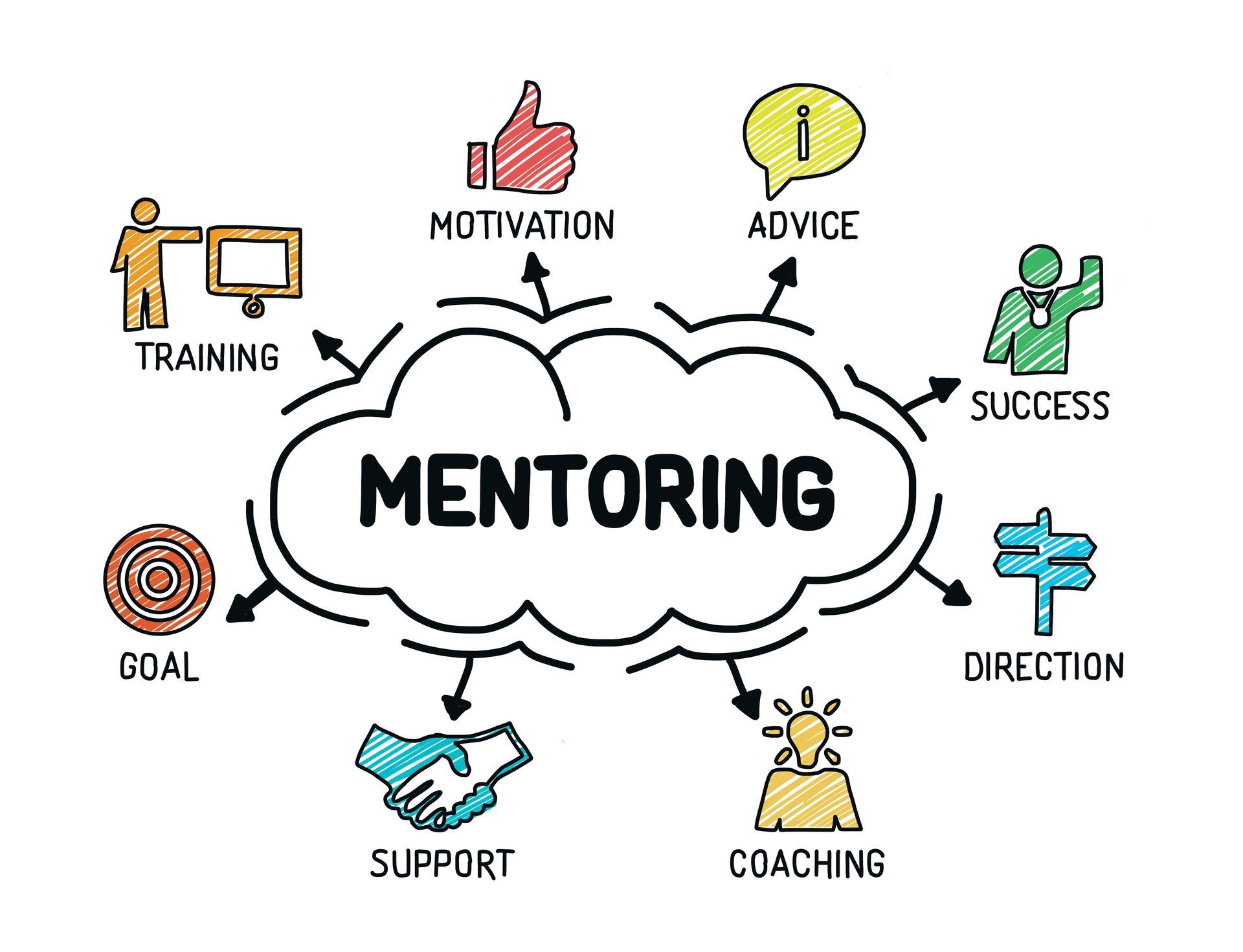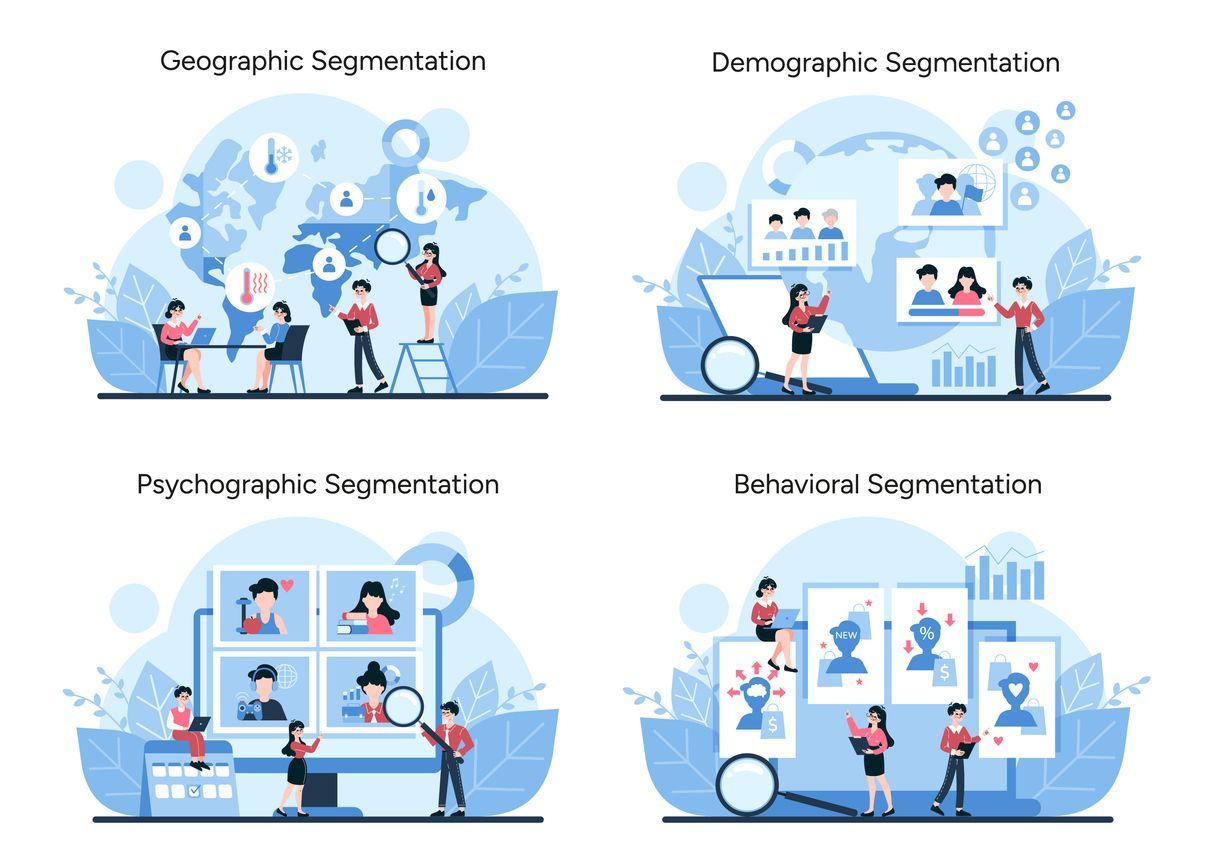Career advice in the pharmaceutical, chemical, and biotechnological industries

Introduction
The pharmaceutical, chemical, and biotechnological industries are dynamic and constantly evolving sectors that offer numerous opportunities for those who wish to build their careers there. These industries play a crucial role in the discovery, development, manufacturing, and commercialization of molecules that save lives and improve the quality of life for patients worldwide. For those aspiring to a career in these fields, the possibilities are diverse. Whether you are a science student, a healthcare professional eager to contribute directly to the discovery of new treatments, or someone undergoing a career change, there are various paths to achieve your goals.
The pharmaceutical industry requires a range of skills from scientific research to project management, including production, quality control, quality assurance, regulatory affairs, and marketing. It offers careers in various work environments, whether in cutting-edge research laboratories, high-tech production facilities, or offices focused on management and marketing.
To succeed in these fields, it is essential to acquire the appropriate knowledge and skills, but also to understand the dynamics specific to these industries. You must also be prepared to adapt to a constantly changing environment influenced by scientific advancements, regulatory changes, and patient needs. Here are some tips to help you navigate and thrive in the exciting world of the pharmaceutical, chemical, and biotechnological industries.
Acquiring a solid education
The first step to a successful career in the pharmaceutical, chemical, and biotechnological industries is to obtain a solid academic background. Degrees in biology, chemistry, pharmacy, biotechnology, and medical sciences are particularly sought after. Pursuing higher education, such as a master's or doctoral degree, can also open doors to research and development (R&D) positions or management roles.
Importance of academic degrees
A thorough academic education is the foundation of any career in the pharmaceutical sector. Programs in biology, chemistry, pharmacy, engineering, or medicine provide an understanding of fundamental scientific principles and the practical skills necessary to excel in this field.
Role of advanced studies
Pursuing advanced studies, such as a master's or doctoral degree, can not only deepen your knowledge but also distinguish you from other candidates. High-level research positions, complex project management, and leadership responsibilities are often reserved for those with a high level of education.

Developing technical and specialized skills
The pharmaceutical industry values specific technical skills. It is essential to become familiar with cutting-edge technologies and research methodologies. Skills in data analysis, bioinformatics, and laboratory techniques are often required. Additionally, taking complementary courses or obtaining specific certifications (such as project management or pharmaceutical regulations) can be a significant asset.
Advanced technologies
Rapid technological advancements require an understanding of new technologies used in pharmaceutical research and production. This includes advanced bioinformatics tools, genomics platforms, and sophisticated laboratory equipment.
Data analysis
The ability to analyze large amounts of data is crucial. Skills in statistics or bioinformatics enable the processing of complex data, drawing relevant conclusions, and proposing innovative solutions for developing new medications.
Laboratory and production techniques
Mastering laboratory and production techniques is fundamental. This includes skills in cell culture, chromatography, and mass spectrometry. Additional certifications, such as working in aseptic environments or handling hazardous chemicals safely, enhance your professional profile.
Understanding the Regulatory Framework.
Regulations play an essential role in the pharmaceutical industry. A good understanding of the rules and procedures governing the manufacturing, control, marketing, and distribution of pharmaceutical, chemical, or biotechnological products is indispensable. Professionals must stay informed about regulatory developments at both the national and international levels (e.g., FDA, EMA, or ANSM guidelines).
National and international regulations
Agencies like the Food and Drug Administration (FDA) in the United States, the European Medicines Agency (EMA) in Europe, and the French National Agency for Medicines and Health Products Safety (ANSM) have strict guidelines. Understanding these regulations is crucial for ensuring product compliance.
Product compliance and safety
Compliance with regulations ensures that products are safe and effective. Professionals must monitor regulatory updates and ensure that internal procedures meet these standards to avoid severe sanctions and product recalls.
Developing communication skills
Working in the pharmaceutical industry often involves collaborating with multidisciplinary teams, writing technical reports, and communicating research or study results. Developing communication skills, both oral and written, is therefore fundamental.
Oral and written communication
Being able to clearly present ideas and results is essential. This includes writing precise technical reports and delivering oral presentations of research results at meetings or conferences.
Scientific popularization
The ability to popularize complex scientific concepts for diverse audiences can also be very useful. This allows effective communication with non-scientific colleagues, regulatory affairs managers, and external stakeholders.
Cultivating a professional network
Networking is a key component of professional success. Attending conferences, seminars, and workshops allows you to meet other industry professionals, share knowledge, and discover new opportunities. Joining professional associations can also be beneficial.
Attending events
Conferences and seminars are ideal opportunities to expand your professional network. These events allow you to meet industry experts, exchange ideas, and stay informed about the latest trends and innovations.
Joining professional associations
Professional associations offer valuable resources, mentorship opportunities, and forums to discuss best practices and common challenges. Being an active member of these associations can open doors and help develop a rewarding career.
Being flexible and curious
The pharmaceutical, chemical, and biotechnological industries evolve rapidly, with constant technological advancements and scientific discoveries. Being flexible and intellectually curious allows you to adapt to changes and seize opportunities. Being open to continuous education and lifelong learning is essential to remain competitive.
Adapting to changes
The ability to adapt to new technologies, methodologies, and regulations is crucial for success in this field. Professionals must be ready to evolve with the sector and adopt innovative approaches.
Continuous education
Lifelong learning is indispensable. Taking online courses, attending workshops, and reading scientific publications keep your skills up to date and anticipate future industry needs.
Valuing international experiences
In a globalized sector, international experience can be a significant asset. Working or studying abroad allows you to develop an understanding of global markets, different regulatory approaches, and varied professional cultures. Additionally, proficiency in multiple languages, especially English, is often indispensable.
Understanding global markets
International experience enriches your perspective on different market dynamics and regulations. This can include internships, international missions, or collaborations with global teams.
Language proficiency
The ability to communicate in multiple languages, especially English, is often a prerequisite in major pharmaceutical, chemical, or biotechnological companies. It facilitates international collaboration and opens opportunities in diverse markets.
Seeking mentors and role models
Identify experienced professionals in the sector who can guide and advise you in your career path. A mentor is a professional who can offer advice, support, and guidance to a less experienced person. Mentorship can be formalized through an official program or develop informally through regular interactions.
Finding mentors
Look for mentors with rich and diverse experience. They can offer valuable insights and practical advice to navigate your career and avoid common pitfalls.
Mentorship programs
Many companies and associations offer structured mentorship programs. These programs facilitate the connection between mentors and mentees and provide formal frameworks for professional development.
Getting involved in interdisciplinary projects
Working on projects involving various disciplines can broaden your skills and understanding of the industry as a whole. These projects promote a more holistic and adaptable vision, essential in a complex sector like pharmaceuticals.
Broadening skills
Participating in interdisciplinary projects exposes professionals to different perspectives and techniques. This helps develop varied skills and better understand the interactions between different scientific and commercial disciplines.
Holistic vision
An interdisciplinary approach helps develop a more comprehensive view of the challenges and opportunities in the pharmaceutical industry. This can enhance the ability to solve complex problems and innovate meaningfully.
Staying informed about scientific and technological advances
Stay updated with the latest research and technologies. Read scientific journals, participate in webinars, and take online courses to stay at the forefront of innovation.
Reading scientific journals
Scientific publications provide valuable information on the latest research and discoveries. They are an indispensable resource for staying informed about advancements in your field.
Participating in webinars
Webinars and online conferences are effective ways to learn without leaving your position. They offer expert perspectives and updates on new technologies and methodologies.

What qualifications are necessary to work in the pharmaceutical industry?
A strong academic background is essential. Degrees in biology, chemistry, pharmacy, biotechnology, and medical sciences are particularly valued. Pursuing advanced studies, such as a master's or PhD, can open doors to research and development (R&D) positions or management roles.
What technical skills are valued in the pharmaceutical industry?
Skills in advanced technologies and research methodologies are crucial. Competence in data analysis, bioinformatics, and laboratory techniques is often required. Additional training or specific certifications (like project management or pharmaceutical regulations) are also beneficial.
Why is it important to understand the regulatory framework?
Regulations play a vital role in the pharmaceutical industry. A good understanding of the rules and procedures governing the manufacturing, marketing, and distribution of medicines is essential to ensure compliance and product safety.
How can I develop communication skills?
Working in the pharmaceutical industry often involves collaborating with multidisciplinary teams and communicating research findings. It is important to develop oral and written communication skills and to be able to explain complex scientific concepts to diverse audiences.
How can I build a professional network in the pharmaceutical industry?
Attending conferences, seminars, and workshops allows you to meet other professionals in the field. Joining professional associations and participating in networking events can also be very beneficial.
Why are flexibility and intellectual curiosity important?
The pharmaceutical industry is rapidly evolving with constant technological advances and scientific discoveries. Being flexible and intellectually curious allows you to adapt to changes and seize new opportunities.
What is the importance of international experiences?
International experience helps develop an understanding of global markets, different regulatory approaches, and varied professional cultures. Proficiency in multiple languages, particularly English, is often essential.
How can I find mentors and role models?
Identify experienced professionals in the field who can guide and advise you. Mentorship can be formalized through an official program or develop informally through regular interactions.
Why is it important to get involved in interdisciplinary projects?
Working on projects involving various disciplines can broaden your skills and understanding of the industry as a whole, fostering a more holistic and adaptable perspective.
How can I stay informed about scientific and technological advances?
Read scientific journals, attend webinars, and take online courses to stay at the forefront of innovation. Keeping up to date with the latest research and technologies is crucial to remain competitive.
What are the main career challenges in the pharmaceutical industry?
The main challenges include the need to stay constantly informed about scientific advances, comply with strict regulations, and adapt to a constantly evolving environment. Intense competition and high demands for technical and communication skills can also be significant challenges.
How can I start a career in the pharmaceutical industry if I am changing careers?
For a successful career change, it is important to acquire relevant training, develop specific technical skills, and build a professional network in the industry. Participating in continuing education programs and seeking mentors can also facilitate the transition.


SQUIPP
Votre partenaire de confiance en recrutement spécialisé dans la Recherche & Développement, les Affaires Réglementaires, l'Assurance Qualité, le Contrôle Qualité et la Production dans les secteurs chimiques, pharmaceutiques et biotechnologiques ainsi que les laboratoires
Liens utiles
Mentions légales | SQUIPP


